BEIRUT (AP) — Israel carried out a series of airstrikes on southern and northeastern Lebanon on Thursday as a deadline looms to disarm the militant Hezbollah group along the countries’ tense frontier.
The strikes came a…
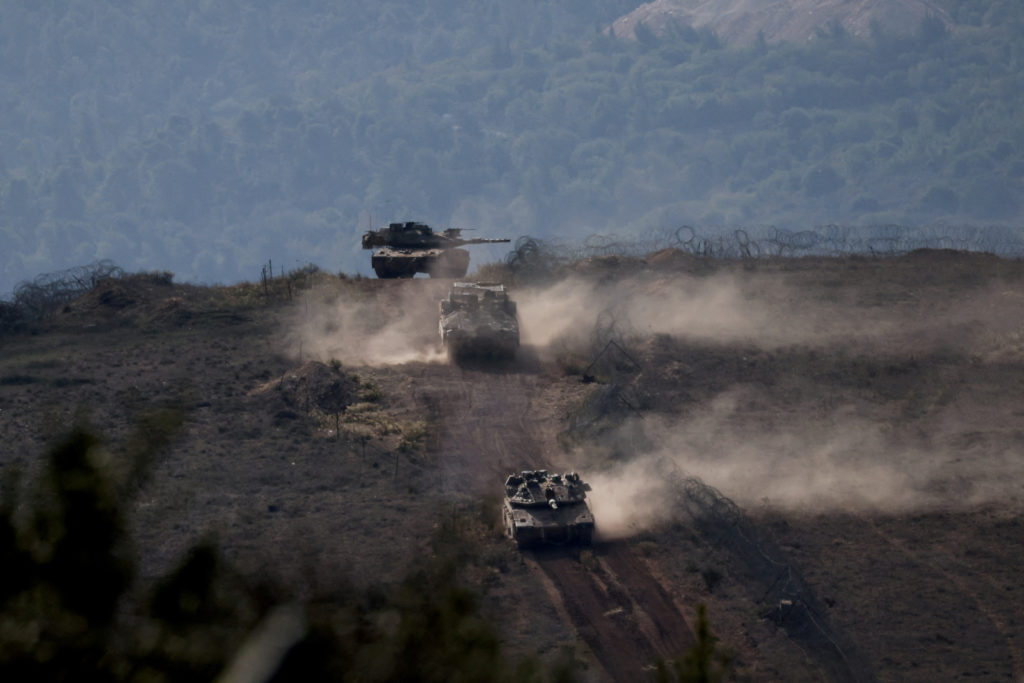
BEIRUT (AP) — Israel carried out a series of airstrikes on southern and northeastern Lebanon on Thursday as a deadline looms to disarm the militant Hezbollah group along the countries’ tense frontier.
The strikes came a…
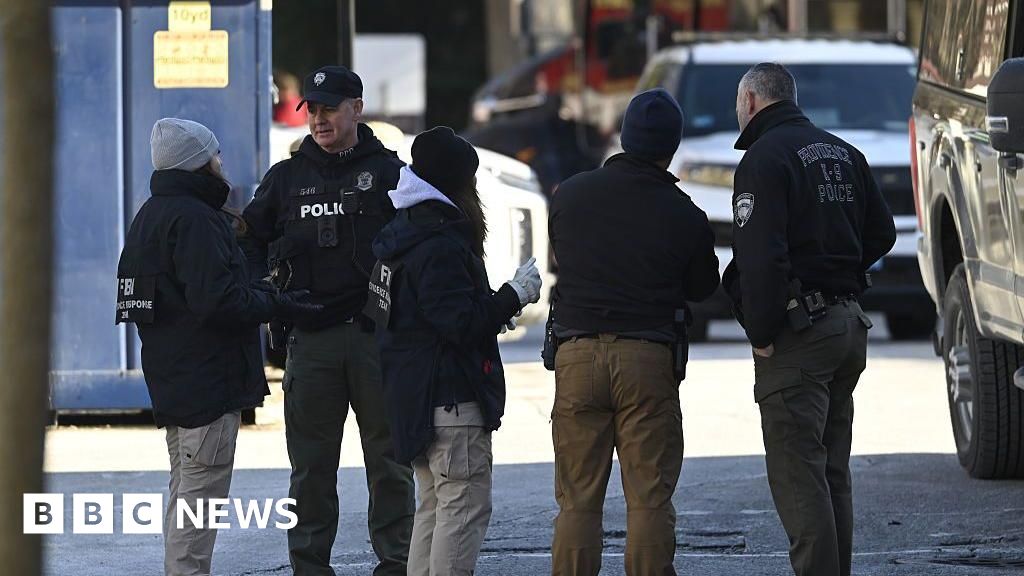
Police have identified a person of interest in relation to a fatal mass shooting at Brown University that killed two people and injured nine others, sources familiar with the investigation told the BBC’s US partner, CBS News.
Authorities are now…
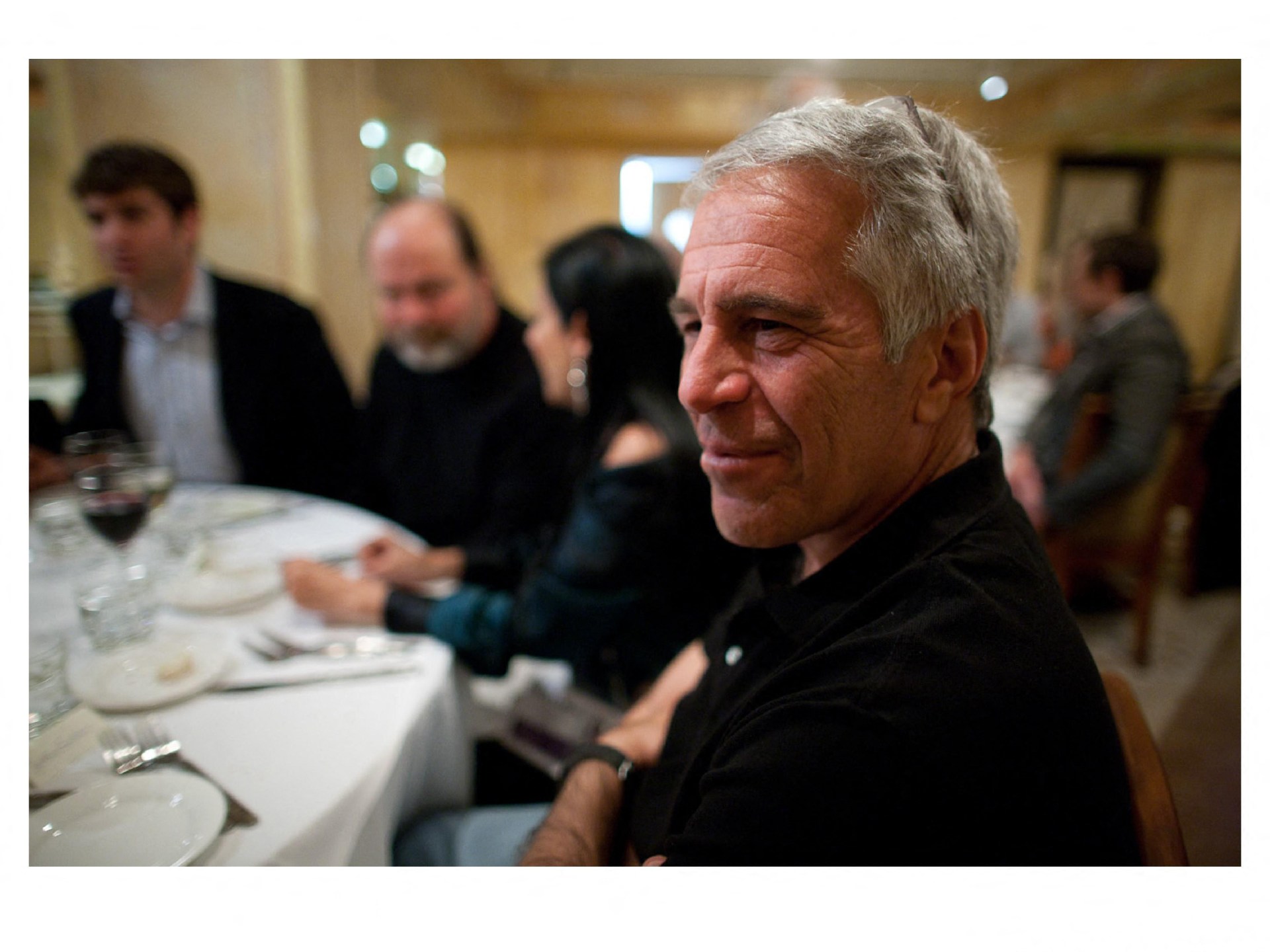
Legislators have been publishing photos related to convicted sex offender as Justice Department faces Friday deadline to release more.
Published On 18 Dec 2025
Democrats in the United States…
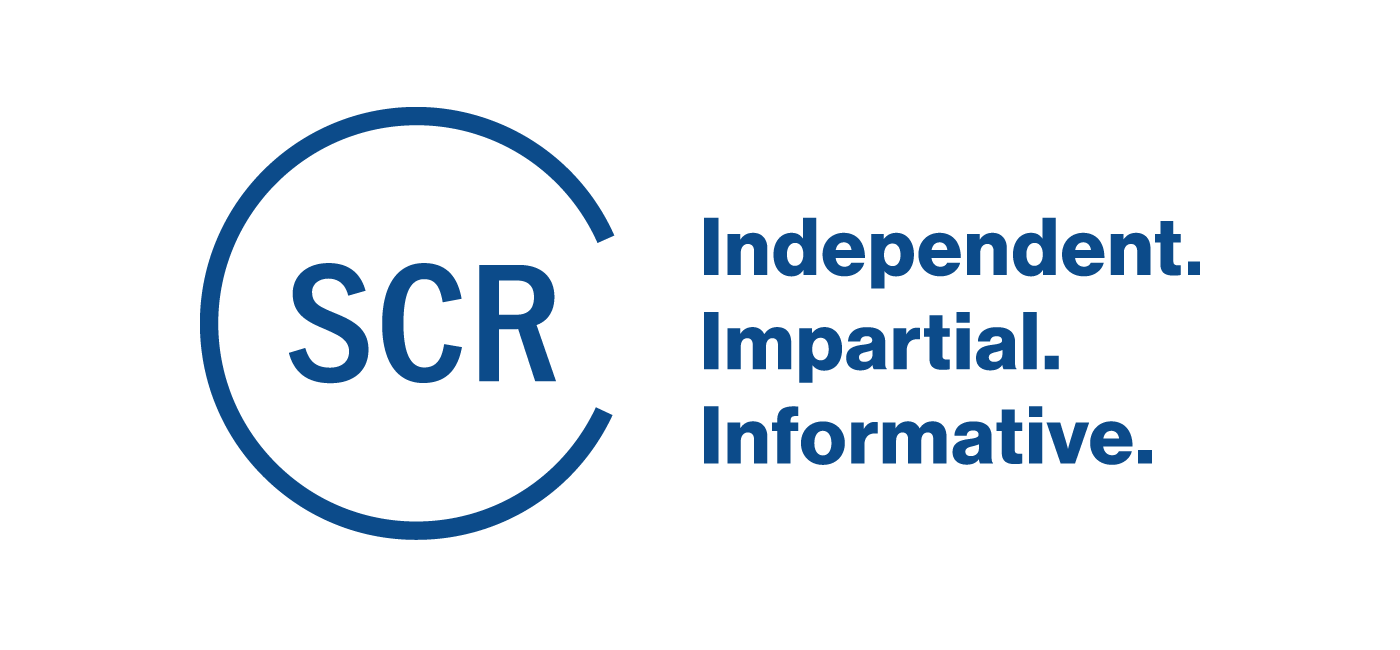
This afternoon (18 December), the Security Council will hold an open briefing on West Africa and the Sahel. Deputy Special Representative…
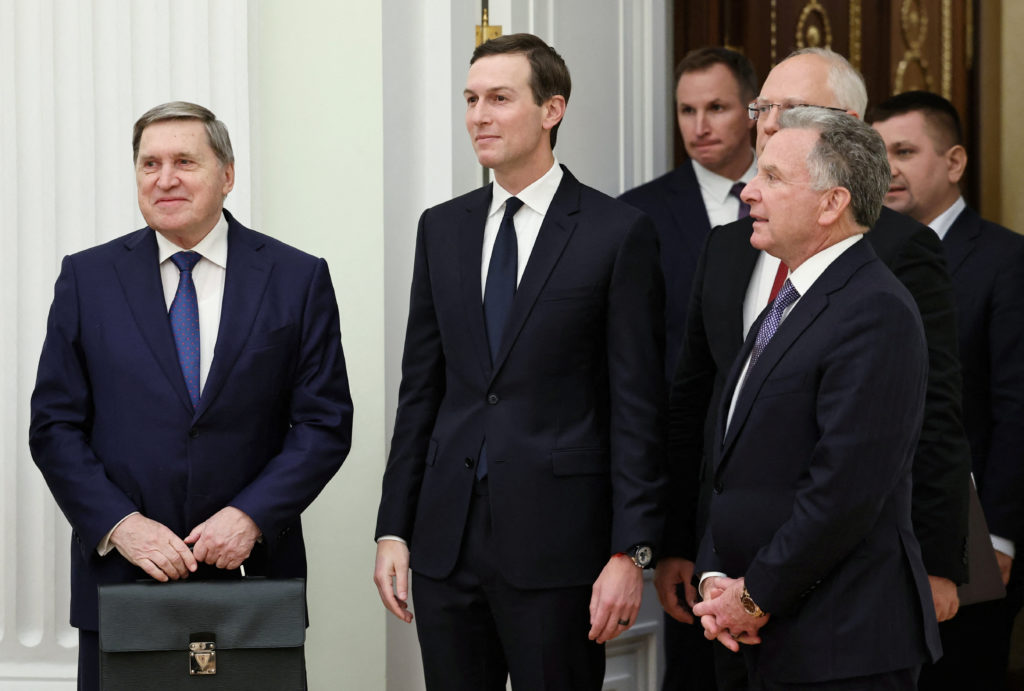
A Kremlin envoy will travel to Florida to discuss a U.S.-proposed plan to end the war in Ukraine, a U.S. official said Thursday, part of the ongoing back-and-forth diplomacy as the Trump administration pushes for a potential…

Dr Christian Turner CMG, one of the UK’s most experienced senior diplomats at the Foreign, Commonwealth & Development Office (FCDO), has been appointed His Majesty’s Ambassador to the United States of America.
His Majesty…
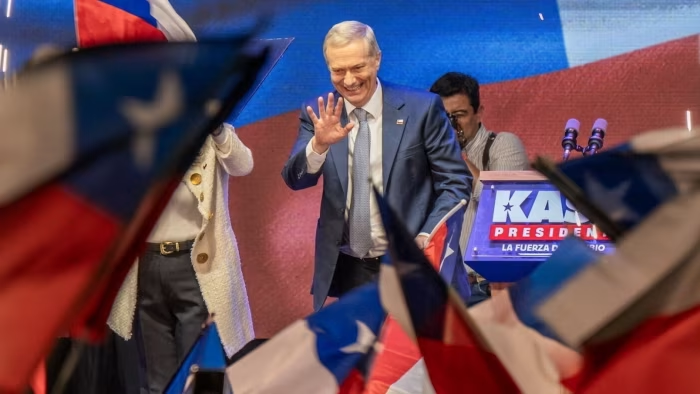
Unlock the Editor’s Digest for free
Roula Khalaf, Editor of the FT, selects her favourite stories in this weekly newsletter.
Four years ago Chileans chose as their president a bearded, tattooed former student protest leader, promising social…